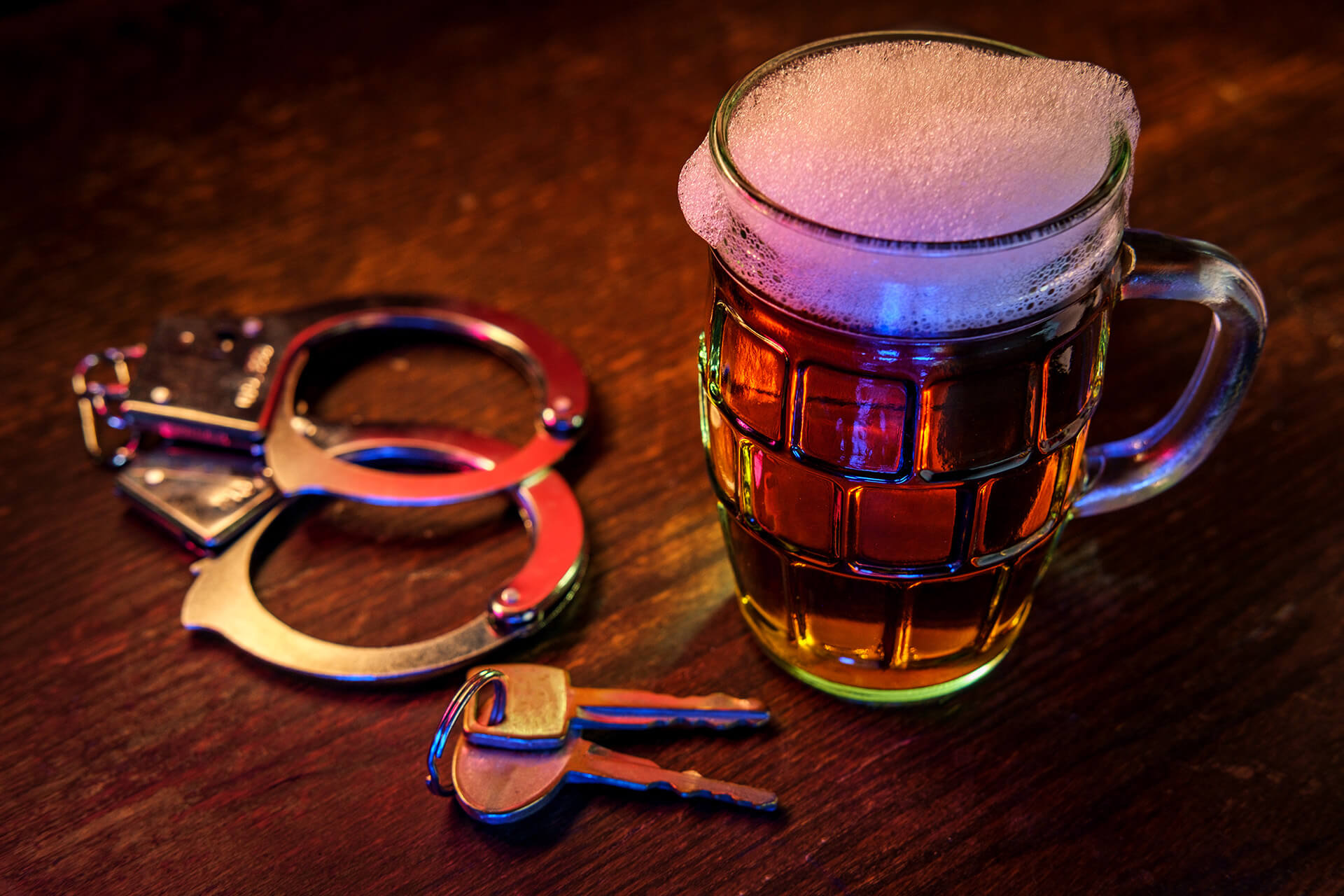
“Shocking” DWI Offenders in Texas
“Shocking” DWI Offenders in Texas
Stephen Powers recently pled guilty to intoxication manslaughter in Texas District Court. Powers had a blood-alcohol level of .08 when he lost control of his speeding car which overturned and hit a brick church sign in Grapevine. The crash caused the death of Power’s friend, Michael Bentley.
When it came to his sentence the Judge Scott Wisch offered Powers a choice: He could either spend five years in prison or elect a 10-year term that could be decreased to six months with good behavior. Powers elected to take the six-month option.
What is Shock Probation?
The sentence Powers selected is referred to as “shock probation.” The hope with this type of sentence is that offenders will be shocked by the trauma they experience in prison for a few months. This shock will then serve to deter them from committing any further offenses.
Ideally, shock probation provides the deterrent effects of prison without causing any long-term ill effects. Offenders are scared straight without turning into hardened criminals.
In Texas, shock probation can be granted within the first six months an offender is serving a sentence. No one is automatically entitled to shock probation; it is up to the judge’s discretion. A judge must find the offender would not benefit from further imprisonment and would instead be better suited for probation. Felony offenders are only eligible if this is the first felony conviction for which they are serving time.
Texas is one of several states that offer shock probation or similar “boot camps” for less serious crimes and first-time offenders. Such programs have been useful in decreasing prison populations, but their effectiveness in preventing repeat offenders has not been widely proven. The effectiveness of shock probation may largely depend on how lenient judges are in granting it to offenders.
Other Consequences of DWI/DUI Charges in Texas
Shock probation is just one of several sentences someone convicted of DWI may receive. Penalties vary based on the facts of the case including prior offenses, blood alcohol level, speed, if there was a child passenger and if others were injured. Examples of punishments include DWI surcharges, substantial fines, license suspension and jail time.
If you are facing DWI or DUI charges you should consult with an experienced criminal defense lawyer. An attorney can explain your legal options and work to advance your interests.
Free Consultation
Contacting us will only take a moment of your day
Testimonials
Tad and Amber are literally top of the game. When I need results, they are the only people I trust. Quality of service, knowledge and professionalism throughout. Don't gamble with a lawyer on any legal issue, you only want to bet on the best!
Thank you Tad Nelson for standing up for me and what is right, Tad Nelson is obviously well known and respected through out the court system as he spoke with authority and precisely to the assistant DA resulting in the dismissal of my case before the case went to trial. Thank you again. if you want it done call Tad Nelson
I hired them a while back for a DWI out in Harris County, they're good and if you need help with any kind of legal matter, give em a call. For a lawyer, Tad has a great personality so working with him should be easier than working with other lawyers.
He is the one lawyer that I can call and put my trust into. We’ve used him a couple of times, once for a family matter and another time for a troubled relative. He’ll help, tell you the truth with no sugar-coating, and will work for his salt. He’s a good guy and when you go to their office, they make you feel at home, like you’re part of the team. Good lawyers and great folks.
I've had the pleasure of working with Tad personally as a technology consultant for him in the past. We've eaten lunch and dinner together. I know that Tad is very dedicated to his clients and cares for them off the clock. He's definitely the lawyer you want on your side.